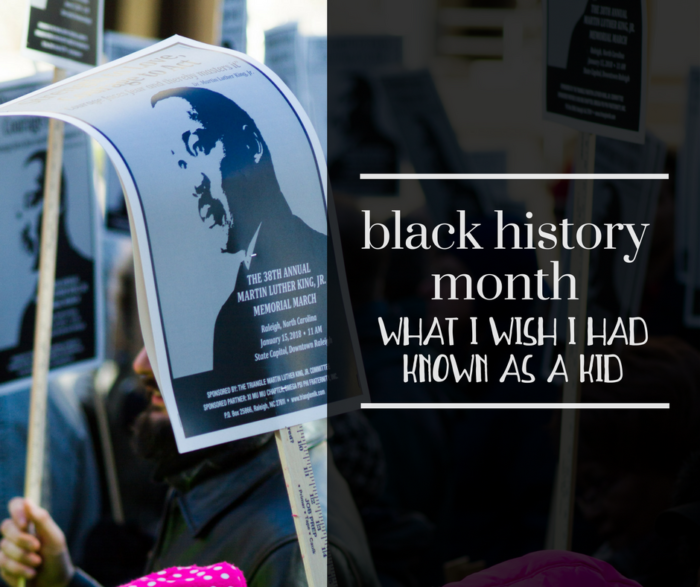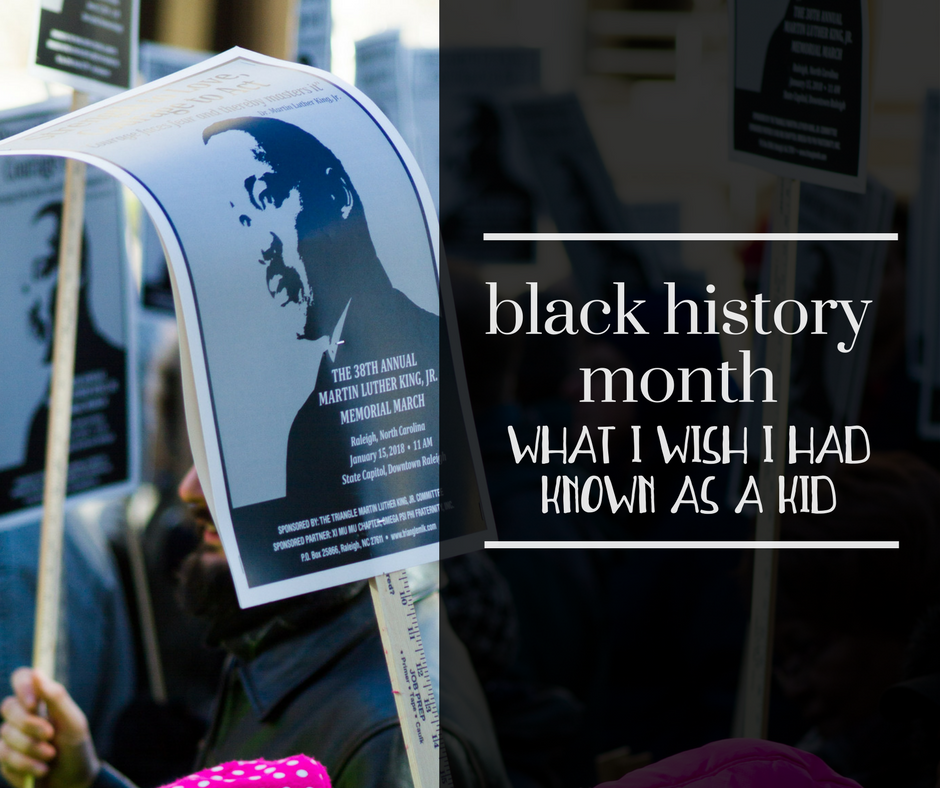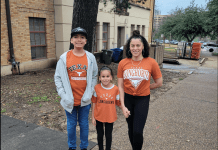
I’ll admit it: I didn’t celebrate Black History Month as a kid.
My family was one of the only minority families in a predominantly small, white suburban town, and we were East Indian. I was the only person of color (besides my sister) at my school from practically pre-K through 12th grade. I didn’t know any African-American kids growing up, and I knew nothing about their culture and heritage, outside of what I read in history books. Sadly, neither my school nor my community talked about or celebrated other people groups.
In that sense, it’s no surprise that, as a child, I never heard of Black History Month. But I wish had.
The whole purpose of Black History Month, which began back in 1976, is to provide an “an annual celebration of achievements by African Americans and a time for recognizing the central role of blacks in U.S. history.” From Harriet Tubman and Rosa Parks to Booker T. Washington, Martin Luther King Jr. and Barack Obama, African American men and women have played significant roles throughout American history. They’ve made breakthroughs in science (think Henrietta Lacks), won Olympic gold medals (Who can forget Jesse Owens in the 1936 Olympics?), and they’ve made great strides in the race relations of our country among many other things.
I wonder how my own way of thinking about myself as a minority would have grown and transformed by taking part in the celebration of other minority cultures. Where I grew up, minorities were not spoken well of. Kids made fun of the food I brought from home for lunch (I was the only kid eating rice and dal as opposed to a PB&J sandwich during a time when Indian food was not yet popular). I was made fun of for looking different from my peers and, even worse, my accomplishments – from awards in music and sports to academic achievement – were seen as threats.
How I wish I could have learned about other minorities who had accomplished incredible things throughout our country’s history, often times despite the personal and societal hardships they had to endure.
Needless to say, my family now is extremely intentional about celebrating not only our own ethnic culture and historical achievements, but also the achievements of other minorities as well. It is not a question of whether we will take part in things like MLK Day or Black History Month, but rather how and what we will do.
I want my own children to take pride in being a minority as well as to find solidarity in the lives and achievements of other fellow minorities. I want them to rise above themselves and to acknowledge and show genuine appreciation for the accomplishments of others, especially when they are of a different race, class, gender and/or culture. I want them to treat each human being, both present and past, with the dignity and respect that they deserve. And part of the many little things that my husband and I do to cultivate these orientations of the heart is to celebrate things like Black History Month.
Looking for ideas of what to do? There are a number of activities for Black History Month taking place throughout Austin:
- Black History Month Kid’s Day at the George Washington Carver Museum on Saturday, February 17
- Black Composer’s Concert from February 10-11 is the 15th year of this annual event that celebrates the contributions of black female composers.
- Check out some age-appropriate books on Black History Month from your local library. There are several events happening at different library branches around Austin.
- On February 16th, there is the 5th Annual Black History Month Celebration in Leander honoring “African Americans in the Times of War”
- Austin Spurs will host a Black History Month Celebration on February 11










